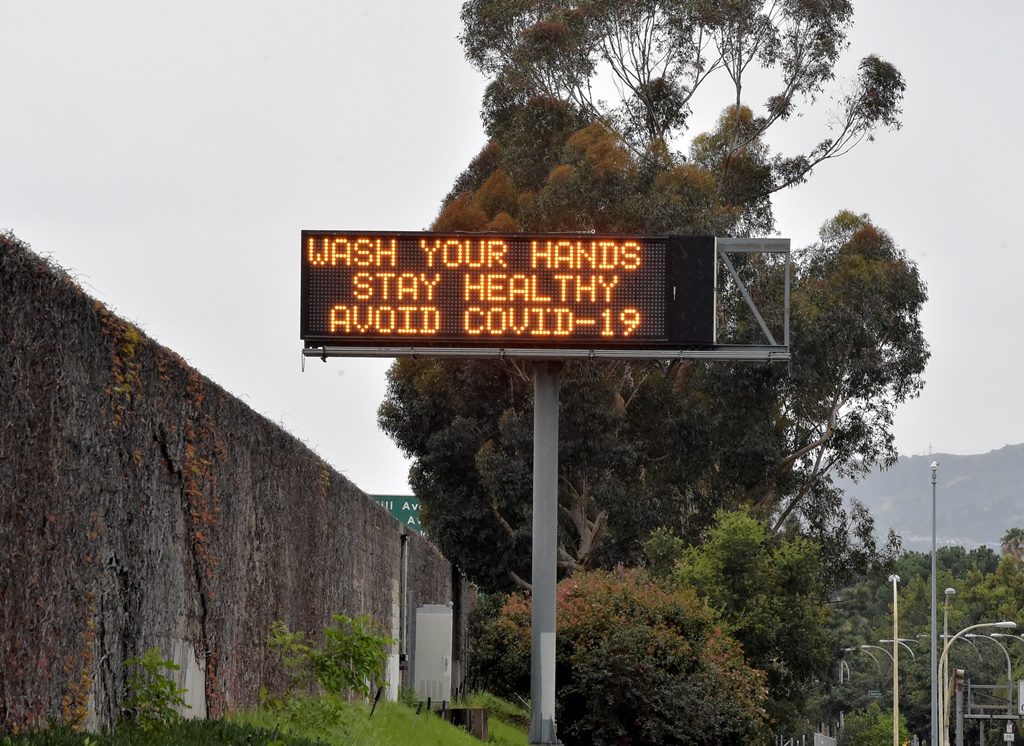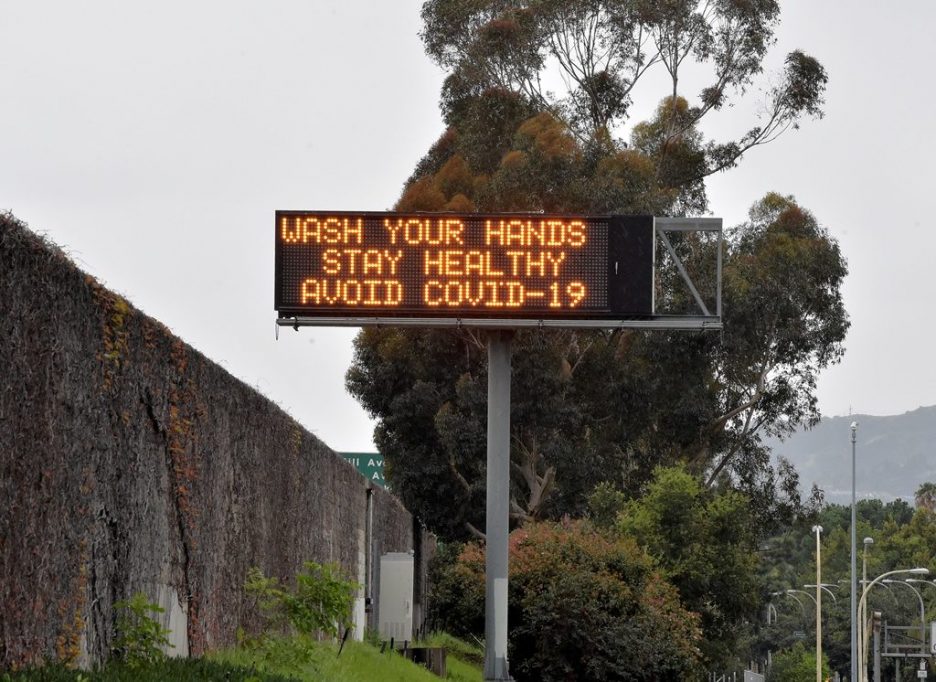
Wondering what COVID-19 means for the animals in your life? The Department of Animal Care and Control has the information you need:
- The primary concern of Covid-19 is for human health.
- Dogs and cats have their own coronavirus that is NOT the same virus as COVID-19.
- There is no current evidence that you will get COVID-19 from your family pet.
- If you are sick with COVID-19, it is recommended to limit close contact with pets until more information is known about the virus. You should always wash your hands after handling animals as a general rule.
- It is recommended to wash your hands frequently, and avoid touching eyes, nose and mouth to prevent transmission of viruses like COVID-19 and influenza.
- Alcohol-based hand sanitizers with at least 60% alcohol are recommended if soap and water are not available.
- Protect others from getting sick:
- Cover your mouth/nose when coughing or sneezing with a flexed elbow (or tissue).
- Clean your hands after coughing or sneezing.
- Owners should include pets in their emergency preparedness planning, including a two week supply of food and medications
- It is important to get your flu vaccination. Decreased influenza-related hospitalization will allow more people to be treated in the health care system if COVID-19 related hospitalization increases in the U.S.
- Further information from the Department of Public Health and Veterinary Public Health can be found here:






